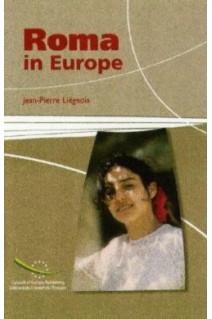


Part I - Sociocultural data
1. Discovery
Origins
Dispersal and establishment
Migration
2. Populations
Numbers
Names
Living conditions
3. Language
Variations
Comparisons
Functions
4. Social organisation
A mosaic
Organisation
Alliances
Social control
5. Travel
6. The family
7. Religion
8. Economic organisation
9. Art
10. Lifestyle and identity
Part II - Sociopolitical data
11. Historic experience
Exclusion
Containment
Inclusion
Indecision
Download an extract (1000)
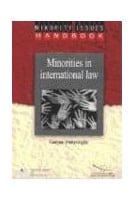
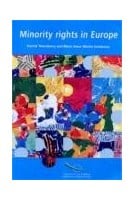
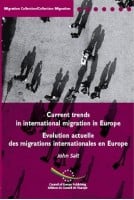
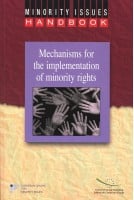
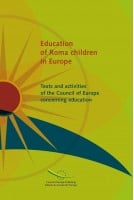
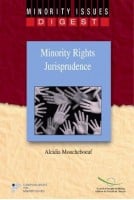







Please note that in accordance with our terms & conditions, PDF/epubs may only be purchased by private individuals.
